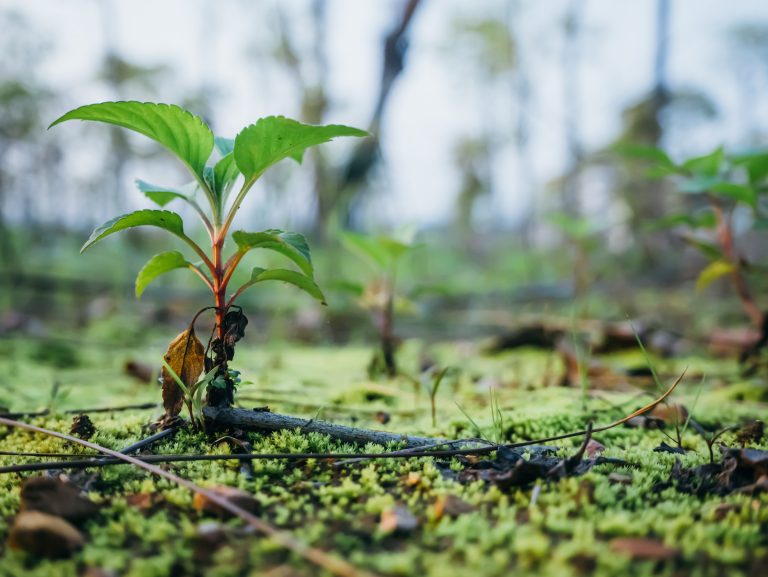

This study will investigate a range of approaches to woodland expansion, including tree planting and allowing trees to colonise new areas naturally.
£505k
2 years

Tree planting has been the most common woodland expansion strategy in the UK for many decades. Despite its many benefits, this approach is increasingly being questioned following overestimates of those benefits and challenges in scaling-up tree planting to the level needed to meet ambitious woodland expansion targets.
Consequently, there is growing interest in incorporating ‘natural colonisation’ (allowing trees to colonise new areas naturally) into woodland expansion strategies, partly because it is assumed that naturally created woodlands will be more structurally diverse, ecologically complex and resilient than planted sites.
Embracing natural colonisation as a complementary approach to tree planting has the potential to radically transform UK treescapes and unlock woodland expansion at scale. However, we know very little about the socio-ecological consequences of creating woodlands through natural colonisation. We also have a poor understanding of land managers’ attitudes towards woodland creation approaches other than tree planting, and it is not clear which kinds of land managers do, or would, engage with woodland creation through alternative approaches incorporating natural colonisation, and why.
This study will investigate a range of approaches to woodland expansion, including tree planting and allowing trees to colonise new areas naturally. Researchers will:
Dr Elisa Fuentes-Montemayor, University of Stirling
University of Stirling, University of Edinburgh, Royal Holloway, University of London, Forest Research, Forest Research, The National Forest Company, The Woodland Trust, NatureScot, Forestry CommissionUK, LEAF, Natural England and Tarmac